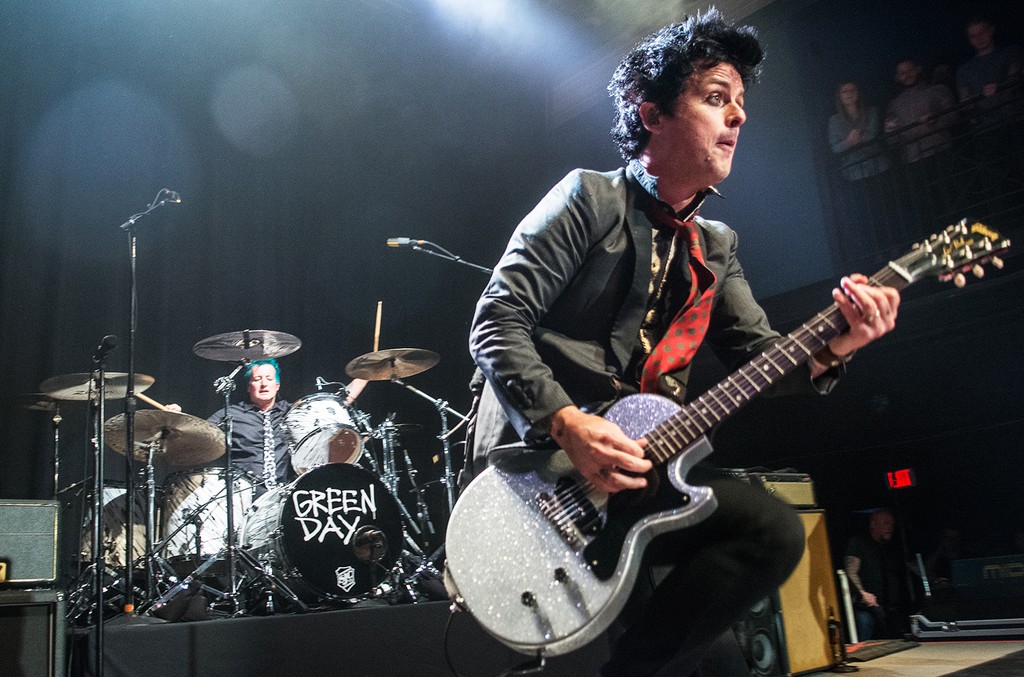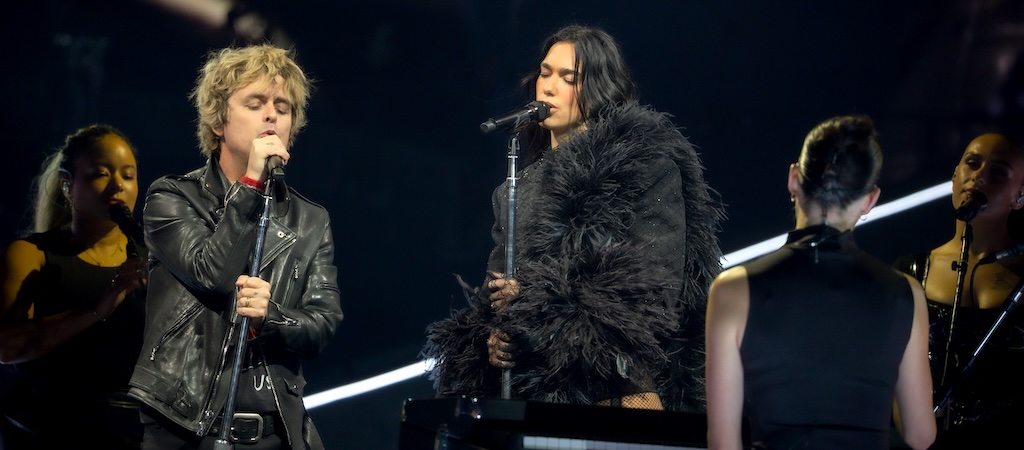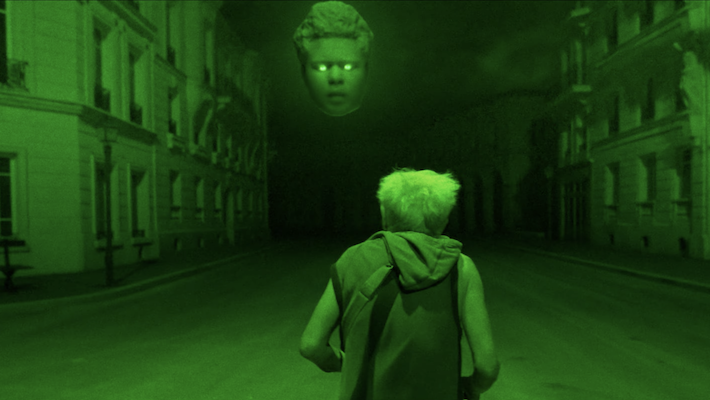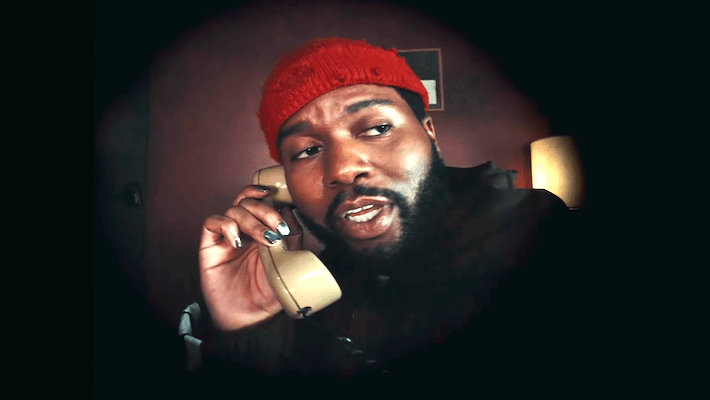After months of intense lobbying, a final push is being made to secure some type of government relief or aid for members of the National Independent Venues Association before Congress leaves town for its August recess. Groups like NIVA and the National Independent Talent Organization are hoping that Congress will pass at least one bill covering six months of losses for businesses, like concert venues, that have been completely shut down by COVID-19.
“There is a real fear that we are on the precipice of a massive collapse,” explains NIVA member and I.M.P. spokesperson Audrey Fix Schaefer, who says more than 90 percent of the 2,400 clubs, theaters and venues represented by NIVA — including the 9:30 Club in Washington D.C. which I.M.P owns — will have to close if the government doesn’t help soon.
“There is some concern that Congress won’t be able to address the needs of the Live Music business prior to the August recess so we are continuing to reach out and put pressure on Congressional leaders,” explains agent Hank Sacks with Partisan Arts. “More and more concert businesses will go under over the next three weeks if action isn’t taken now.”
Venue managers, promoters, agents and artist managers are hopeful that Congress will announce some kind of deal for a new stimulus package that includes key provisions of the RESTART ACT, which would provide businesses with loans based on 45% of their revenue from 2019. That’s far more helpful than aid legislation based on current employment, like the Payroll Protection Program which passed during the early days of the pandemic, or the HEALS Act which would inject another $180 billion into the PPP loan fund.
“The problem with the provisions in the HEALS Act with PPP is that it only covers a very limited time period,” said Frank Riley with High Road Touring. The concert and touring industry was among the first to close during the pandemic and will likely be the last to reopen and Riley believes the limited funding provided in PPP is really just a band-aid for a much larger problem.
“It’s just going to push us eight weeks down the road again, and we’re going to be in the same boat again in September and there’s no long-term assurance of our survival,” says Riley.
Introduced by Sens. Todd Young (R-IN) and Michael Bennet (D-CO) as a broader alternative to PPP, the RESTART Act “has so many endorsers because a portion of the loan in RESTART can be forgiven based on your losses in 2020,” explains Nadia Prescher of Colorado booking agency Madison House. “It’s designed for shuttered businesses that are forced to operate with no revenue.”
Both indie venue promoters and agents are also supporting the Save Our Stages Act, named after an awareness campaign launched by NIVA earlier this year that included 1.5 million emails and letters to Congress from supporters. Introduced by Sens. Amy Klobuchar (D-MN) and John Cornyn (R-TX), Save Our Stages would set aside $10 billion in grants for independent venues, arts presenters and booking agencies. Like the RESTART Act, the bill would provide aid equal to 45% of gross revenue from 2019, with a cap of $12 million. The main difference is that RESTART loans would be partially forgivable while Save our Stages grants would not need to be repaid. Save Our Stages would also provides supplemental grants at the end of 2020 to businesses in need.
“Most other businesses are able to operate in some fashion either through online sales or pick up and delivery — we’re really not able to do any of those things,” explains Schaefer. I.M.P. also manages Merriweather Post Pavilion in Maryland and the brand new Anthem at The Wharf near National Harbor, both of which could face closure without federal aid, Schaefer tells Billboard.
“Everybody’s in a little different position. Some (venue owners) have reserves and some have access to capital through investors, but most banks dont want to loan money to the live music industry right now” says Adam Hartke, co-chair of NIVA’s advocacy committee and president of Hartke Presents in Wichita, KS which co-owns the WAVE music venue downtown as well as The Cotillion historic theater and books the city’s River Fest.
“For most, asking their bank for an extension of credit is not a real possibility,” to help continue to pay rent and mortgage costs, cover health insurance for furloughed employees and cover staff members salaries, Hartke said.
There’s also a timing issue — even once they are reopened, there will still be a long lead time to get shows on sale and routed to the venues.
“Until the venues are cleared to have full capacity concerts, we’re not in business. And then even after that, we’re probably six months out because we can’t just turn a tour on the next day,” says Wayne Forte with independent agency Entourage Talent. “Let’s say it takes us till January to get over this — we still have months to go before we’re going to have our tours on the road and before we actually get paid. We’re not a turn on, turn off business, neither are the artists and the idea of running a business with no revenue for 12 months is unheard of.”
For now, all that most venues and agents can do is wait and hope Congress strikes a favorable deal.
“A lot of people are holding on white knuckled,” Hartke says. “If Congress does approve Save our Stages or RESTART, most will figure out a way to hold on until they can get that money. But if it’s not passed, I think we will see a lot of venues begin closing.”



